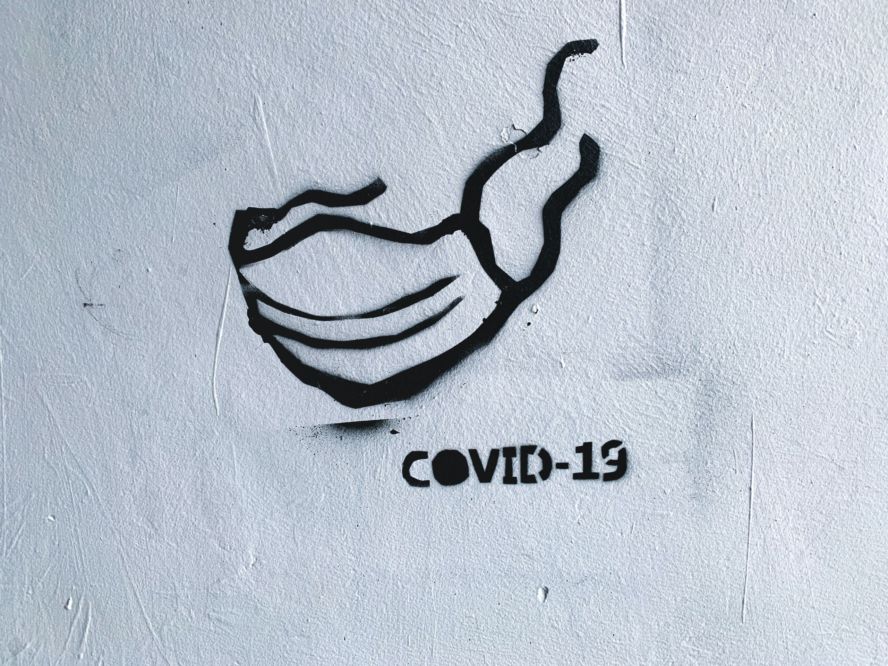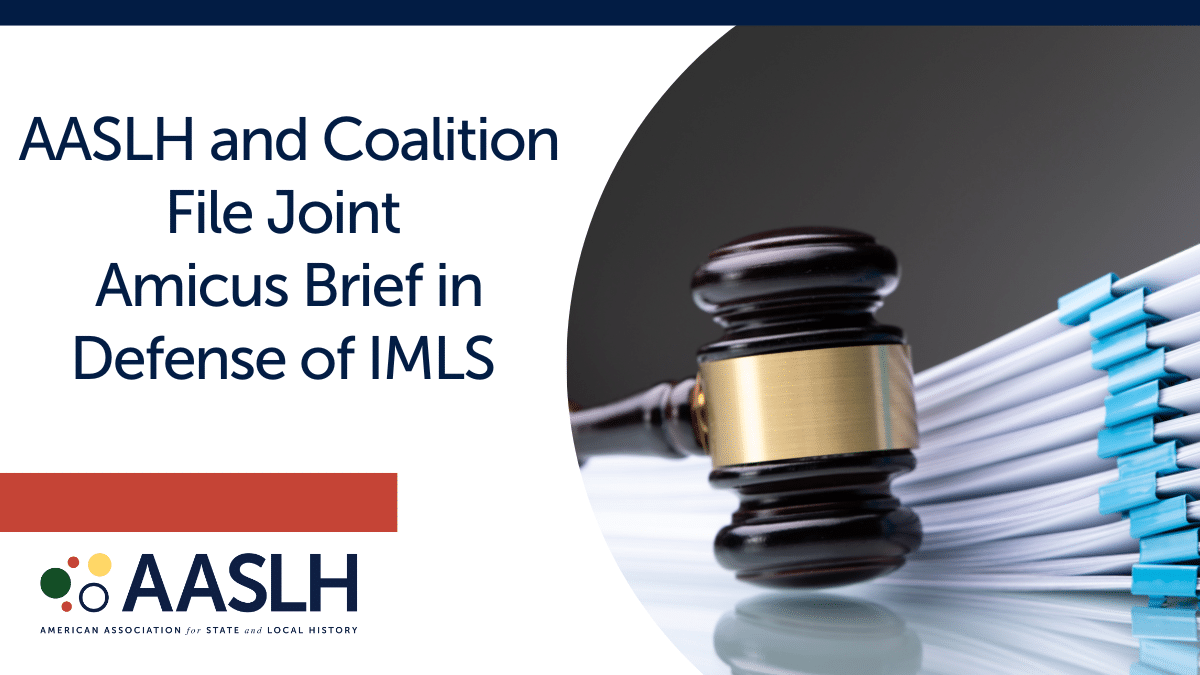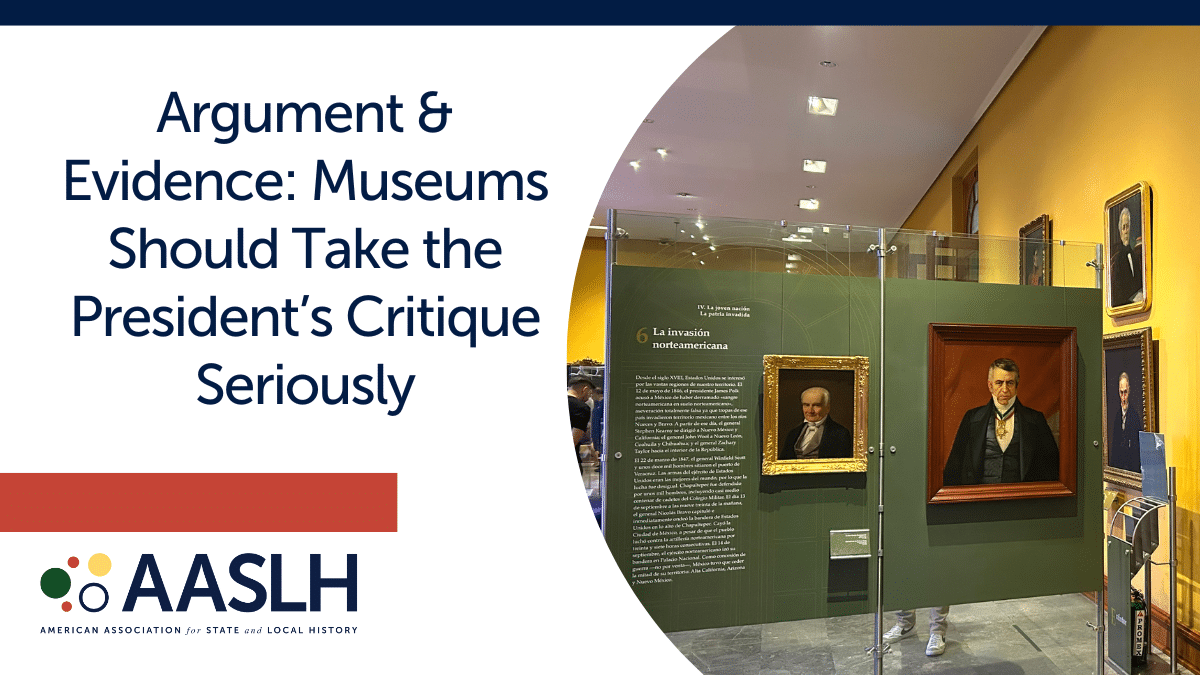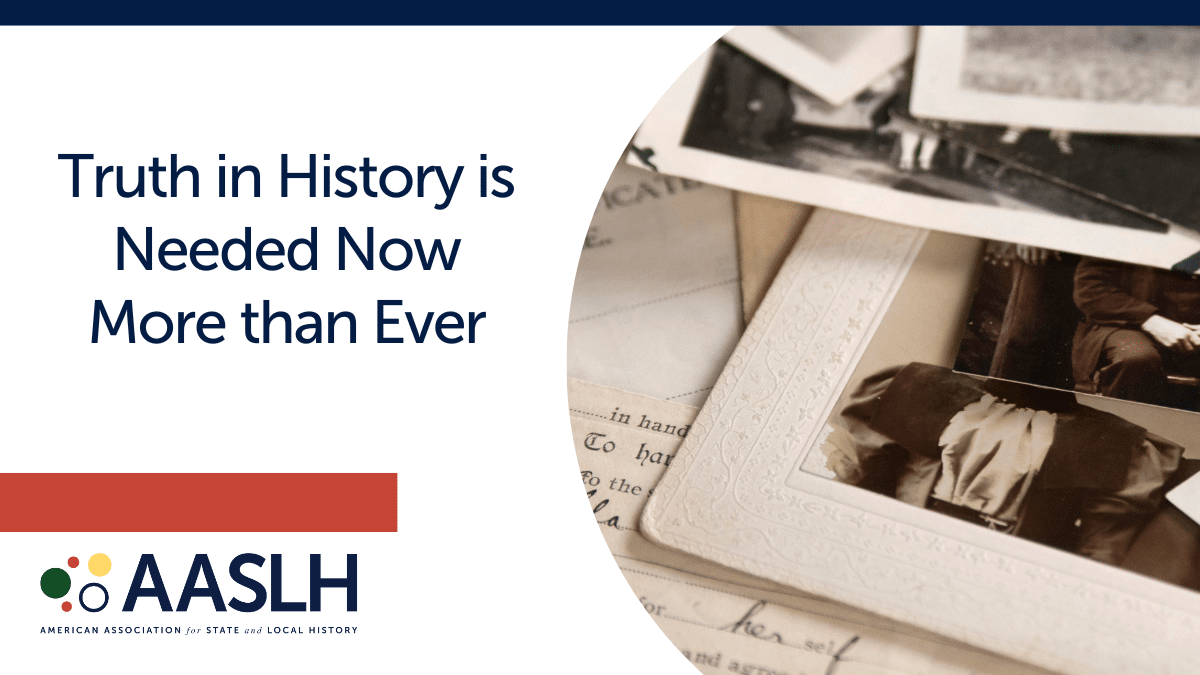
By Avi Decter and Ken Yellis
Albert Camus’s 1947 novel The Plague, set in Oran, Algeria, seems to anticipate our experience of the pandemic and its attendant crises: unemployment, economic collapse, natural disasters, social protest, violence, and a contentious election campaign. Despite marked differences in time and circumstance, Camus’s allegory and our reality are closely parallel. Americans have been no more eager than the leaders of Oran to face reality and no more ready than the people of Oran to learn from their experience. That’s a pity; our COVID might teach us how to instruct the future and ourselves.
 Camus tells us that “The first thing that plague brought to our town was exile… that sensation of a void within which never left us that irrational longing to hark back to the past or else to speed up the march of time.” Like Camus’s characters, we, too, are in exile: from our former lives, from family and friends, from our work lives, and from our former recreations. We have become aliens in our own homes, our workplaces, and our places of faith. We have crossed over into uncharted territory; so, too, have our friends and neighbors, our workmates, and our fellow citizens.
Camus tells us that “The first thing that plague brought to our town was exile… that sensation of a void within which never left us that irrational longing to hark back to the past or else to speed up the march of time.” Like Camus’s characters, we, too, are in exile: from our former lives, from family and friends, from our work lives, and from our former recreations. We have become aliens in our own homes, our workplaces, and our places of faith. We have crossed over into uncharted territory; so, too, have our friends and neighbors, our workmates, and our fellow citizens.
Americans’ season of reckoning feels like the dislocation and disruption Camus captured. In the short-term we may evade the challenges of racism and inequity, but in the long run we must confront our complicity in white privilege, our Faustian bargain. Historian Tony Judt tells us that Camus confronted “the dilemmas of moral contagion” by insisting on “placing individual moral responsibility at the heart of all public choices . . . [cutting] sharply across the comfortable habits of our own age.”
The harsh reality is that a reckoning is upon us now. We can no longer claim innocence; instead, we are obligated to expand the boundaries of our personal and communal moral responsibility. But where to begin? Like the residents of Oran, we are prone to denial and mindless, premature celebration. But we sense that these are not the ways to go forward.
What we need is a new and different framework for thinking about what museums can do, if—and when—our pandemic is actually subdued.
We can begin with a much-needed Museum of Pain and Loss, a project that would seek to reckon with and acknowledge troubling issues and events―as well as the flagrant disparities in suffering between those who have lost so much and those who have sacrificed little. We can broaden this into a Museum of Untold Stories, recognizing in retrospect and in the present those stories we ordinarily ignore, narratives too painful or provocative (such as the persistent damage of slavery and racism), stories of complex trends (such as the costs of de-industrialization or climate change), and accounts of losses that still scar the national landscape and yet still go undescribed.
Museums, through their exhibitions, programs, publications, and other media may and can be especially suited for addressing stories of this kind and variety. Representation or documentation are things that museums already do: we know how to bear witness, how to clarify and explain, how to find meaning and to structure story. We also know a good deal, if not yet enough, about how to engage a variety of communities. Many of our museums recognize and respond to issues, concerns, and feelings; many are already confronting the need to recall the past, however difficult, and the parallel need to reconcile with our past, however difficult.
Embedded in their communities, able to create alliances and partnerships, experienced in creating immersive experiences, prepared to deal with complexity, and ready to think about past, present, and future: museums have a range of options and versatility not always available to other media and institutions. They should be especially good at equipping us to process our national crisis, its antecedents, its consequences, and its rubble. We can do what Camus sought to do: prepare us for the future. Indeed we must. Who else in our society will play this role?
Avi Decter ([email protected]), principal of History Now, has worked in public history for over forty years, and is the author of Interpreting American Jewish History at Museums and Historic Sites. His many projects include the Boott Cotton Mill at Lowell National Historical Park; the U.S. Holocaust Memorial Museum; Louisville Slugger Museum and Visitor Center; and the National Civil War Museum in Harrisburg, Pennsylvania.
Ken Yellis ([email protected]), principal of Project Development Services, is a historian with four decades in the museum field. Yellis has worked extensively with the Museum Education Roundtable, Roundtable Reports and its successor, the Journal of Museum Education. He has been involved in over a hundred history, science, and art exhibitions.



